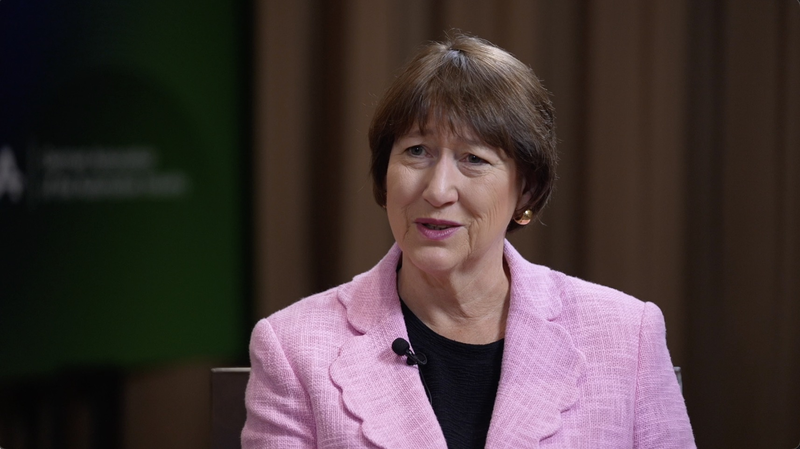At the 21st Annual Shanghai Auto Show in the Chinese mainland, a sea of concept cars, electric SUVs, and next-gen mobility solutions set the stage for a critical conversation on trade and tariffs. CGTN's exclusive sit-down with Hildegard Müller, president of the German Association of the Automotive Industry, illuminated the high stakes behind the glitzy displays.
Tariff Tension on the Road
With U.S. tariffs of up to 25% on imported vehicles and parts now in force, Müller warned that the extra costs will ripple across the global supply chain, squeezing manufacturers, suppliers, and even end consumers. "Tariffs might look like leverage in trade talks," she noted, "but in reality they translate into higher prices, stalled investments, and lost jobs."
Shared Losses, Shared Solutions
Industry experts estimate that for every batch of cars crossing borders, the added duties can hike production costs by several thousand dollars per vehicle. Müller stressed that these burdens don't discriminate\u0004automakers in Europe, Asia, and North America all feel the pinch. She urged stakeholders to turn to dialogue, pointing to past negotiations that eased tensions and restored market stability.
A Call for Global Dialogue
"Headlines may focus on tariffs as a tool for leverage," Müller said, "but true leadership means stepping back and talking to your counterparts." She proposed a series of roundtables involving government trade offices, industry associations, and consumer groups to identify common ground and practical pathways forward.
Moving Beyond the Tariff Roadblock
Behind the buzz of new EV launches and autonomous driving demos, the message was clear: innovation thrives in open markets. As automakers pour resources into electric and smart mobility, predictable trade frameworks are critical to ensuring new technologies reach buyers worldwide without artificial barriers.
Looking Ahead
As the Shanghai Auto Show wraps up, Müller's call for negotiation over confrontation resonates as a critical reminder: global challenges demand global conversations. For young professionals, entrepreneurs, and travelers eyeing the future of mobility, the path forward lies not in tariffs and walls, but in open lanes where ideas and goods flow freely.
Reference(s):
Müller: U.S. tariffs to lead to losses with all parties involved
cgtn.com




